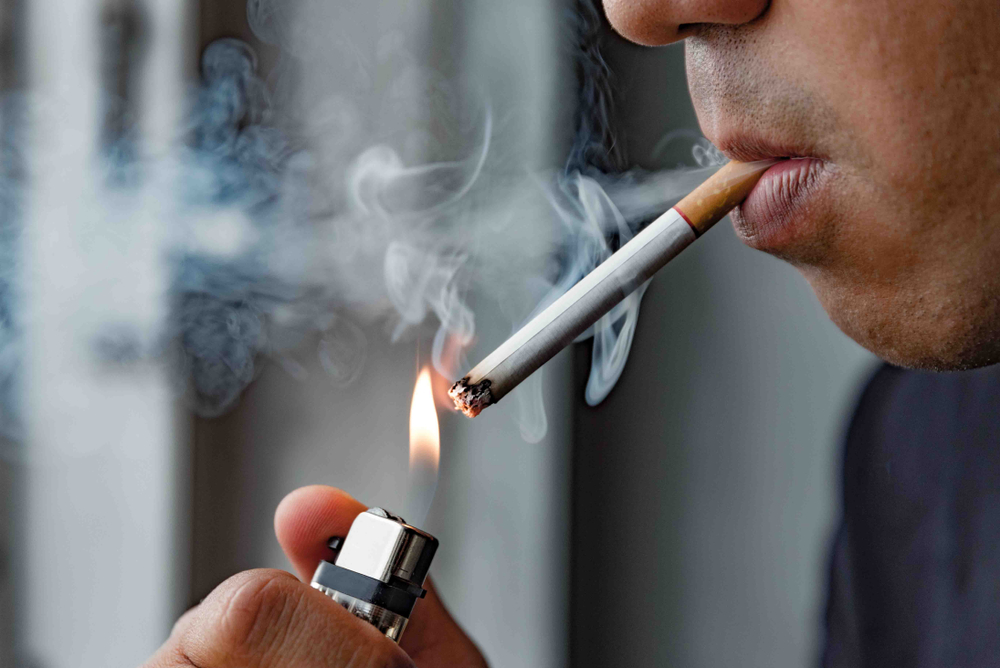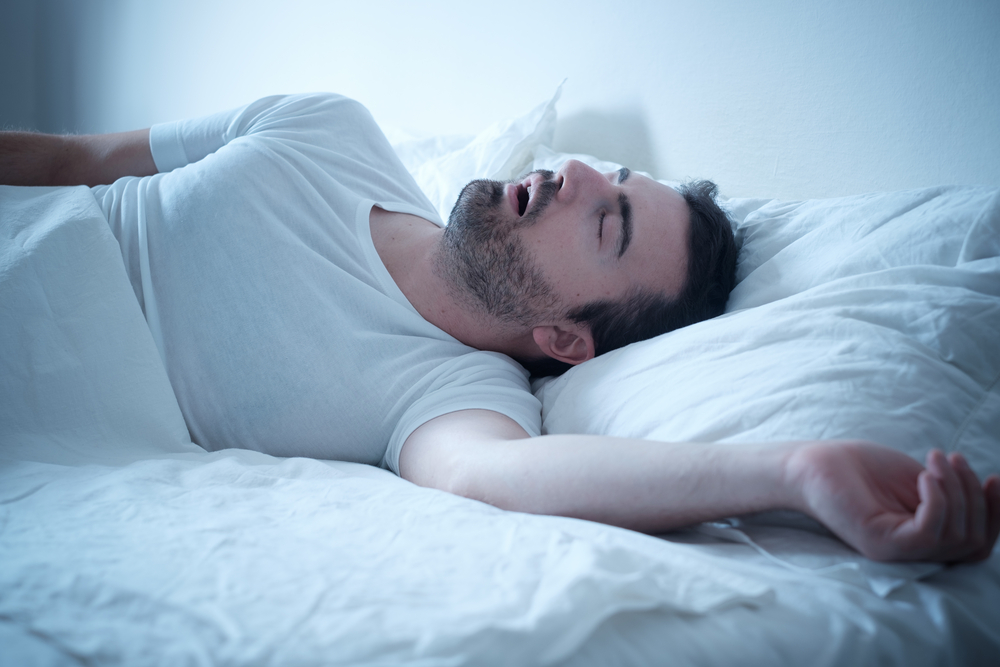Smoking and Sleep Apnea in Silver Spring, MD
Explore The Links Between Smoking and Sleep Apnea With Dr. Bassford
At Silver Spring Sleep Solutions, Dr. Alice Bassford and her team are dedicated to helping patients in Silver Spring, MD, and the surrounding areas achieve optimal sleep health. One area of particular focus is the connection between smoking and sleep apnea, two conditions that can have severe consequences on overall well-being when combined.
Dr. Bassford understands that smoking and sleep apnea are a dangerous duo that can create many health issues. As a trusted dental sleep medicine provider, she’s committed to educating her patients on the risks of this combination and providing effective solutions.
Are you ready to take control of your sleep health? Contact our Silver Spring sleep dentist today by calling (301) 593-5500.
The Links Between Smoking and Sleep Apnea
Smoking is a known risk factor for sleep apnea. Here’s how it works:
- Cigarette smoke irritates and inflames the airways, causing them to swell and narrow.
- Narrowed airways can obstruct breathing during sleep, leading to pauses in breathing (apneas).
- Smoking also damages the lungs, making it harder to breathe and increasing the risk of sleep apnea.
- Additionally, the nicotine in cigarettes can disrupt sleep patterns, making sleep apnea worse.


Dangers of Untreated Sleep Apnea
Sleep apnea is a serious condition that should never be ignored. When left untreated, it can lead to:
- Excessive daytime sleepiness, increasing the risk of accidents
- High blood pressure
- Heart disease
- Stroke
- Depression and anxiety
- Diabetes
The Compounding Effects of Smoking With Sleep Apnea
When smoking and sleep apnea occur together, the risks become even more severe. Here are some of the dangers:
- Increased risk of heart attack and stroke
- Worsened lung function and breathing problems
- Higher likelihood of developing chronic obstructive pulmonary disease (COPD)
- Greater risk of developing cancer
Breaking the Cycle
If you smoke and have sleep apnea, it’s crucial to take action. Here are some steps you can take:
- Quit Smoking: This is the most important step. Quitting smoking can improve your general health and reduce the severity of sleep apnea.
- Seek Treatment: Sleep apnea treatment may include continuous positive airway pressure (CPAP) therapy, oral appliances, or surgery.
- Adopt a Healthy Lifestyle: Exercise regularly, maintain a healthy diet, and avoid alcohol and sedatives, which can worsen sleep apnea.
Benefits of Quitting Smoking and Treating Sleep Apnea
Quitting smoking and beginning treatment for sleep apnea can create many health benefits, including:
- Better sleep quality
- Improved energy levels
- Reduced risk of heart disease, stroke, and other health problems
- Increased life expectancy
- Better quality of life

Frequently Asked Questions
Can quitting smoking alone cure sleep apnea?
No, quitting smoking alone may not cure sleep apnea, but it can significantly improve the condition. Treating sleep apnea often requires additional therapies, such as CPAP or oral appliances. However, quitting smoking is an essential step in managing sleep apnea and improving general health.
How long does it take to see improvements after quitting smoking?
The benefits of quitting smoking can be seen relatively quickly. Within a few weeks, you may notice improved breathing and sleep quality. However, it can take several months or even years for the full benefits to take effect as the body heals from the damage caused by smoking.
Can sleep apnea be cured completely?
In some cases, sleep apnea can be cured completely, especially if the underlying cause is addressed. For example, if sleep apnea is caused by obesity, losing weight may resolve the condition. However, for many people, sleep apnea is a chronic condition that requires ongoing treatment and management.
Is it safe to use nicotine replacement therapy if I have sleep apnea?
Nicotine replacement therapy (NRT) can be safe for people with sleep apnea if used correctly and under the supervision of a healthcare professional. However, it’s important to note that NRT can still have some adverse effects on sleep quality and may not be suitable for everyone with sleep apnea.
Experience A Better Night’s Sleep With Dr. Bassford
Silver Spring, MD, sleep dentist Dr. Bassford and her team take a comprehensive approach to treating patients who struggle with smoking and sleep apnea. We understand that addressing these issues requires a multifaceted strategy combining lifestyle changes, medical interventions, and ongoing support.
With our expertise and personalized care, you can break free from the vicious cycle of smoking and sleep apnea. Contact Silver Spring Sleep Solutions today at (301) 593-5500 to schedule your consultation. We look forward to helping new and returning sleep apnea patients from the Washington D.C. area, including Kensington, Adelphi, and Kemp Mill, MD.
PHONE
OFFICE
10301 Georgia Ave, Suite 207
Silver Spring, MD 20902
